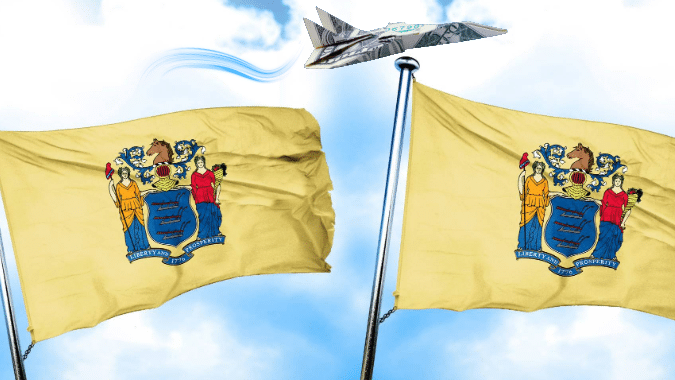 The combination of financial and health concerns caused by the pandemic prevented many students from starting or continuing their postsecondary education in 2020, researchers say.
The combination of financial and health concerns caused by the pandemic prevented many students from starting or continuing their postsecondary education in 2020, researchers say.
The Georgetown Center on Education and the Workforce, an independent nonprofit research and policy institute, says its analysis of federal data shows 75% of households with someone intending to take postsecondary classes changed their plans during COVID-19.
Some would-be students canceled postsecondary plans completely, while others changed the number of classes they took, enrolled in a different program or institution, or took classes in a different format.
Nationwide, undergraduate enrollment decreased by 4% (nearly 530,000 students) across all types of institutions, and by 10% at public two-year colleges. The data came from Household Pulse Survey, a biweekly data collection by the U.S. Census Bureau to assess the impact of COVID-19.
Taking classes in a different format was the most common change in fall plans (39% of households), but 37% percent canceled their postsecondary plans entirely. Most likely to cancel plans were people intending to take classes in a certificate or associate degree program.
The most frequent reason cited for abandoning postsecondary plans were concerns about contracting the COVID-19 virus and the inability to pay tuition because of pandemic-related income loss.
“Having at least some postsecondary education increases an individual’s likelihood of finding a good job and earning more over the course of a lifetime,” wrote Anthony P. Carnevale, director and research professor at the Georgetown University Center on Education and the Workforce.
“Changes in students’ postsecondary plans can disrupt their long-term educational trajectories, particularly when they cancel their plans outright,” Carnevale said.
This could have major consequences for low-income students, who are more likely to delay or cancel their plans and to fall behind in their college attainment compared with high-income students, who are finding ways to continue with their postsecondary education, he said.

